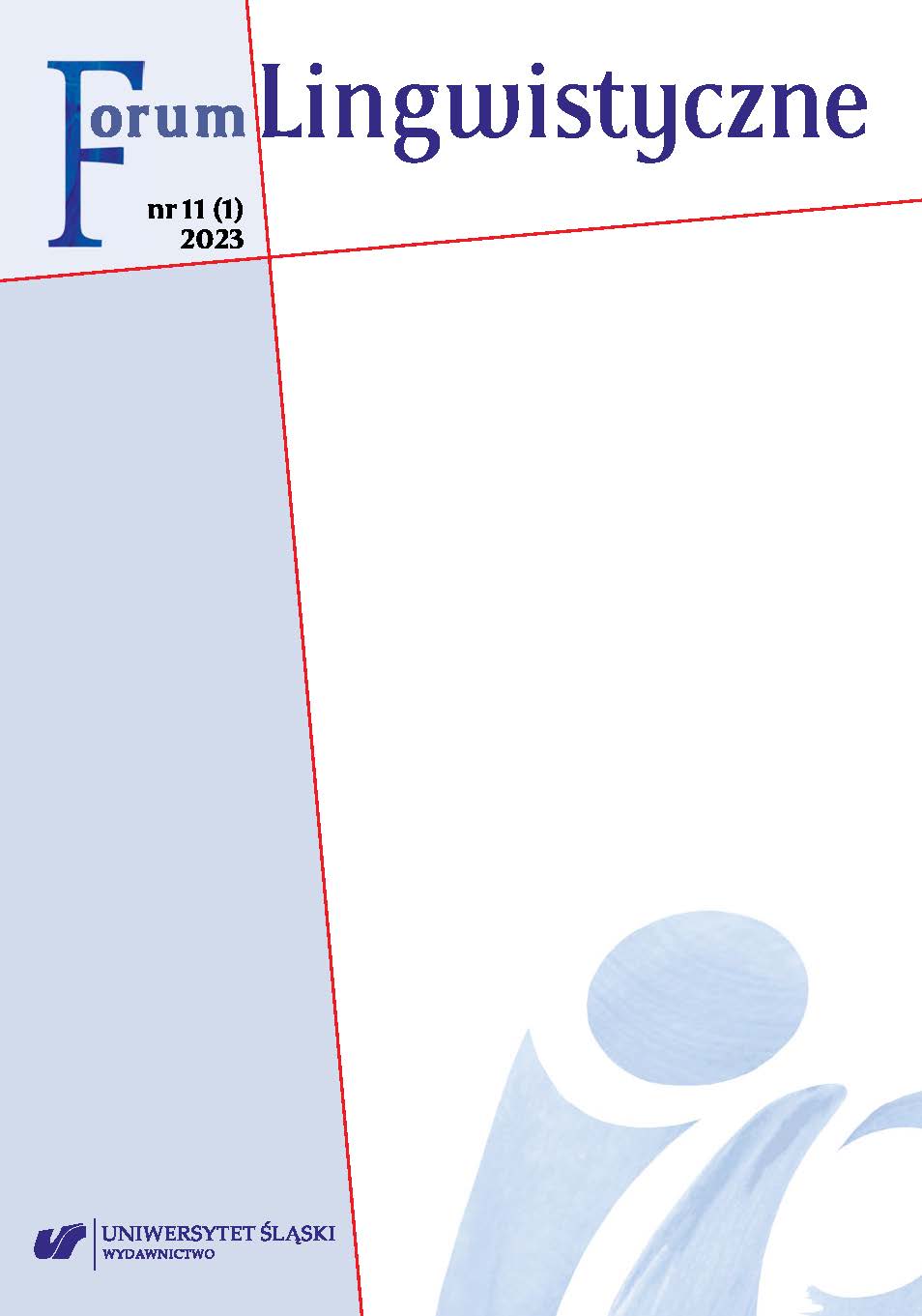Epika dziadowska jako religijny tekst kultury ludowej w Polsce na tle słowiańskim
The poetry of wandering beggars as a text of Polish folk culture against the Slavic background
Author(s): Ewa MasłowskaSubject(s): Language studies, Customs / Folklore, Theoretical Linguistics, Applied Linguistics, Theology and Religion, Cultural Anthropology / Ethnology, Culture and social structure , Theory of Literature, Sociology of Religion
Published by: Wydawnictwo Uniwersytetu Śląskiego
Keywords: religious lyrics of vagabond beggars; singing beggars in Poland; vagabond beggars in Slavic culture; mediating role of vagabond beggars
Summary/Abstract: In her article, Ewa Masłowska describes wandering or vagabond beggars and their epic poems and songs in the broad context of the Polish and Slavic traditional folk or rural culture. Masłowska emphasizes the Marian cult specific to the Polish beggar sung poetry. Another particular feature of these songs is the domination of moral themes over events. Another distinctive feature is the presence of eschatological themes, particularly matters such as death, redemption, the soul’s fate after death, the end of the world, and the Last Judgement. What is common for the singing beggars in the Slavic lands is church protection (both in the Orthodox and Catholic countries), which determines their role in the rural society as a facilitator of the Christian religion. Important is also the cult of the ancestors, which was the basis of the beggars’ role in agricultural celebrations and rites of passage, as villagers perceived them as mediatory figures.
Journal: Forum Lingwistyczne
- Issue Year: 1/2023
- Issue No: 11
- Page Range: 1-31
- Page Count: 31
- Language: Polish

